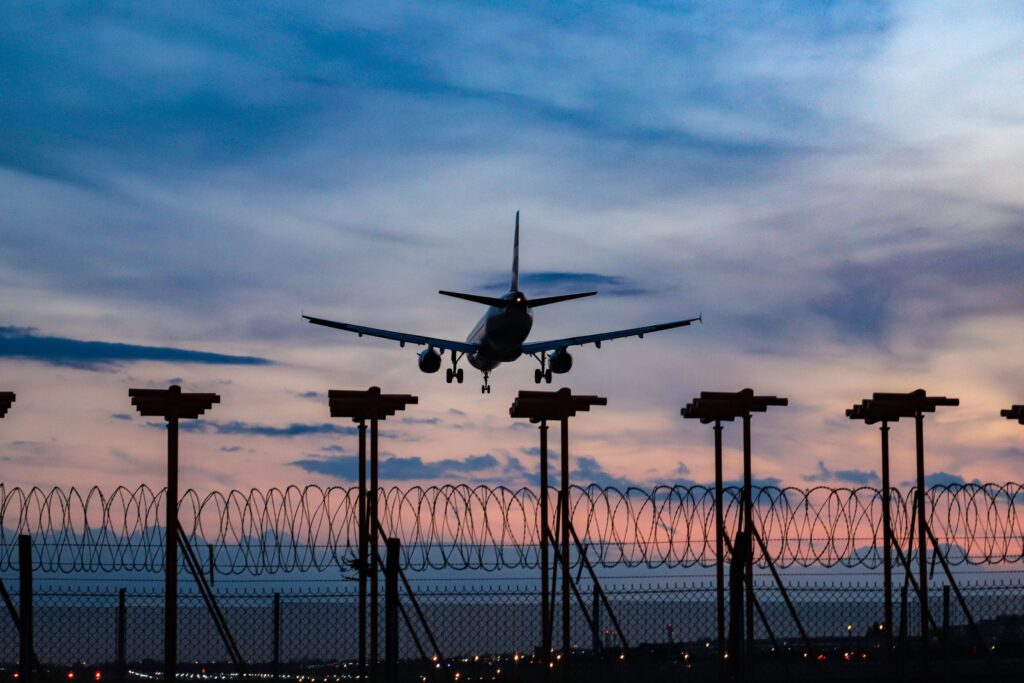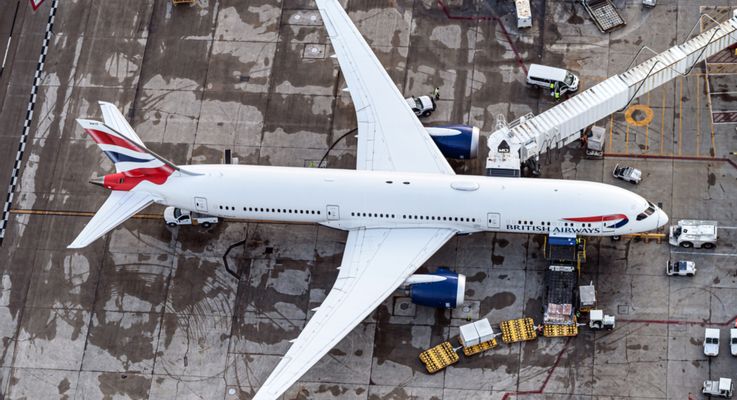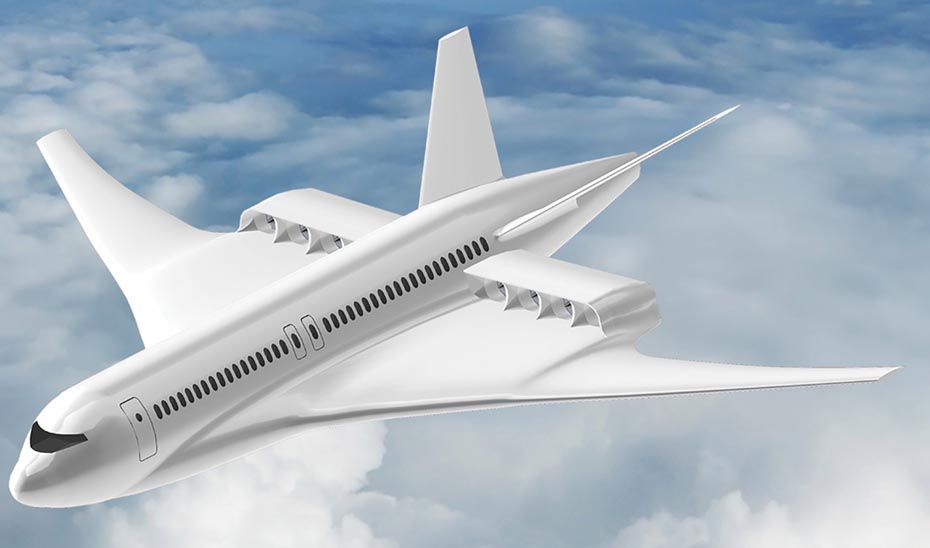The UK is receiving exploration in the hydrogen space, with a new player coming on its shores this week. Earlier this week, was on the stage when HyPoint cut the ribbon to extend its latest hydrogen R&D and production site in the United Kingdom.
The Kent facility joins the company’s affiliate, ZeroAvia to add another hydrogen innovation area in the country. Alex Ivanenko, the CEO and co-founder of HyPoint, has a rich history in the energy sector. With a Ph.D. in electrochemistry, he has performed with several key names to help develop innovative solutions in this field.

From Moscow to Silicon Valley, Ivanenko has hidden plenty of ground with his creativity. Yet, he highlights that the United Kingdom is becoming the capital of hydrogen aviation. He reports that there are numerous sustainable energy strategies in place, enabling an approving environment for alternative fuel processes to be studied.
UK government
Ivanenko affirms that while many governments speak about greener transport progression, the UK government is committing the funds to make it happen. In practice, the state recently revealed a £300 million ($400 million) investment plan to develop more sustainable ways of air transport. Authorities also shared that it wants the country to make the first zero-emission long-haul plane in the world.
- Thus, we’ve seen a plethora of British veterans and startups also jumping on board to support delivering net-zero 2050 targets. Just last year, we saw how Rolls-Royce worked to break the record for the fastest electric aircraft. The project was made likely by funding from Aerospace Technology Institute (ATI), in collaboration with the Department for Business, Energy & Industrial Strategy and Innovate UK.
The technology applied in Rolls-Royce’s electric plan has been tipped to be deployed in future eVTOL aircraft, a scene that is set to overhaul UK transport networks by the end of this decade. A map of vertiports is anticipated to support commuters reach their destinations more efficiently.
Hydrogen and sustainable aviation
Hydrogen is also being touted as a fuel source for these aircraft. So, with the likes of HyPoint and ZeroAvia nearby, there is a budding community of hydrogen and sustainable aviation specialists on hand.
Amid this innovation race, it’s crucial to have the right talent supporting the drive. Ivanenko says that the UK’s immigration process makes it easier for those with professional skills to enter the country for work. However, in other regions, such as the United States, the process can take many months or even years. So, with the streamlined approach, the facilities in the UK can have skilled help swiftly on the scene.
Nonetheless, there is also an abundance of talent already in the country that is being mobilized to research and develop hydrogen solutions.
“The UK has a strong position in fuel cell technology because you have intelligent energy companies and schools here. You have strong science teams in the likes of Manchester and Cambridge, and we are adding local public to the team here in Kent.”

Hydrogen aviation
Sky’s the limitation With a robust network of skilled talent and significant investment to match, there are plenty of prospects for hydrogen aviation.
There are density and charging limitations with lithium-ion batteries. To set them you have to spend about six hours, which could destroy an airline’s business model. Whereas hydrogen fuel cell systems are much quicker to charge.”
Hydrogen used in fuel cells has an energy-to-weight ratio that is 10 times greater than lithium-ion batteries. As a result, this solution provides far better range while being lighter and requiring less volume. On the face of it, systems could be charged in merely minutes.
Altogether, hydrogen fuel cell technology is attracting increasing interest from aviation stakeholders across the continents. Airbus has announced that it is operating on solutions and has ambitions to introduce the first zero-emission commercial aircraft by 2035, which would be based on the element. Interestingly, Airbus has recently been in communication with HyPoint about progression in the hydrogen space.
Also, read
- AirAsia flight was diverted after passengers spot a snake on their plane
- Top Startups that are adding thrust to Aviation Sector
- FAA releases list of 50 airports subject to 5G buffer zones
The likes of British Airways have also been keeping a close eye. The flag carrier of the United Kingdom is looking to lower emissions with ZeroAvia’s aircraft. The British/American hydrogen-electric aircraft developer conducted its first hydrogen-electric civil aircraft flight in 2021 and is looking to perform the first hydrogen passenger flight in 2024.
Across the pond, United Airlines and Alaska Airlines recently showed their commitment to more sustainable trips via ZeroAvia’s developments.

So, the likes of ZeroAvia and HyPoint could do wonders in the hydrogen space with their facilities across the UK. There will undoubtedly be several breakthroughs in the field by the time the 2030s come.
Thank you
Stay updated with Aviationa2z.com
